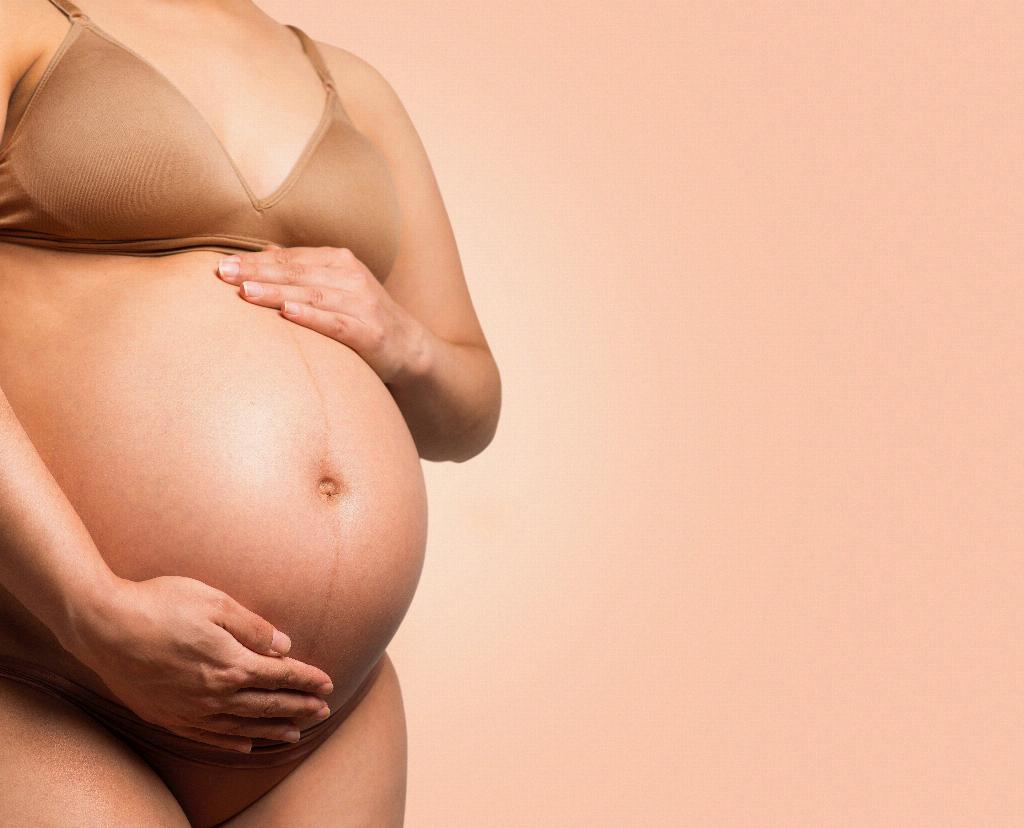During pregnancy, many women experience changes in their skin that can be attributed to the fluctuating hormones and increased blood flow in the body. These changes can manifest in a variety of ways, from a glowing complexion to an increase in skin issues like dryness, acne, or pigmentation.
One common skin change during pregnancy is an improvement in skin texture and appearance. The hormonal changes can lead to increased oil production, giving the skin a radiant and healthy glow. Some women find that their skin looks more youthful and vibrant during this time.
However, not all pregnant women are lucky enough to experience a positive change in their skin. Some may find that their skin becomes drier than usual, leading to rough patches and flakiness. This dryness can be exacerbated by hormonal changes and the stretching of the skin as the pregnancy progresses.
Acne is another skin issue that many women face during pregnancy. The increase in hormones, particularly androgens, can trigger breakouts and flare-ups, even in women who have never had acne before. It can be frustrating for expectant mothers to deal with acne at a time when they are already dealing with so many other changes in their bodies.
Pregnancy can also lead to an increase in pigmentation on the skin, known as melasma or the “mask of pregnancy.” This condition causes dark patches to appear on the face, particularly on the cheeks, forehead, and upper lip. Melasma is triggered by hormonal changes and sun exposure, and while it usually fades after pregnancy, it can be a source of self-consciousness for many women.
Another skin issue that may arise during pregnancy is the development of stretch marks. As the skin stretches to accommodate the growing baby, the underlying collagen and elastin fibers can become damaged, leading to the appearance of stretch marks. While they are a natural part of pregnancy, some women may feel insecure about these marks on their bodies.
It is essential for pregnant women to take care of their skin during this time, using gentle and nourishing skincare products that are safe for use during pregnancy. Staying hydrated, eating a healthy diet, and getting enough rest can also help maintain skin health and minimize any pregnancy-related skin issues.
If you are concerned about changes in your skin during pregnancy, it is always best to consult with a dermatologist or skincare professional for personalized advice and treatment options. They can provide guidance on how to address specific skin concerns and recommend safe and effective products for use during pregnancy.
In conclusion, pregnancy can indeed change your skin type, leading to various skin issues such as dryness, acne, pigmentation, and stretch marks. While these changes can be challenging to deal with, taking care of your skin and seeking professional advice can help you maintain healthy and glowing skin throughout your pregnancy journey.

